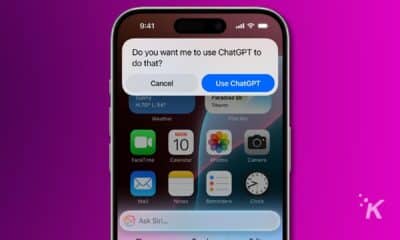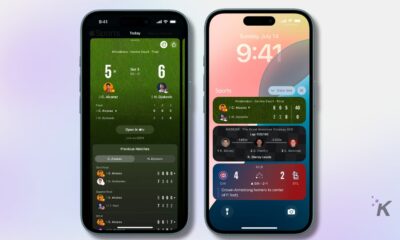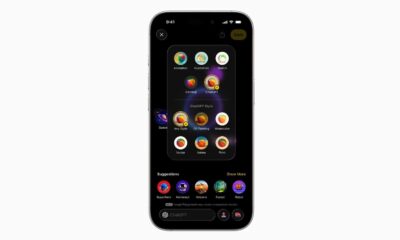Apple
EU wants non-Apple smartwatches to work better with the iPhone
These decisions are not fines or punishments but rather instructions on how Apple should follow the law.

Just a heads up, if you buy something through our links, we may get a small share of the sale. It’s one of the ways we keep the lights on here. Click here for more.
The European Commission is demanding Apple to change how iPhones and iPads work with other brands’ devices, such as smartwatches and headphones.
This means people using non-Apple products will have an easier time connecting them to their Apple devices.
On March 18, the Commission made two official rulings under the Digital Markets Act (DMA), a law that regulates big tech companies to ensure fair competition.
The first ruling forces Apple to give app developers and device makers better access to important iPhone features.
This will make it easier for third-party devices to pair with iPhones, transfer data, and display notifications.
The second ruling demands Apple be more transparent about how interoperability (working with other devices and apps) works.
Apple must provide developers with technical documentation and clear timelines for reviewing interoperability requests.
These decisions are not fines or punishments but rather instructions on how Apple should follow the law. However, they expect Apple to share a timeline of when it plans to accept these changes.
They are separate from another ongoing EU investigation into whether Apple has already broken DMA rules.
After beginning an earlier investigation, the EU warned Apple about these changes in December.
This marks the first time the EU has given a tech giant specific guidelines on how to comply with the DMA. Apple still has the option to challenge the rulings in court.
Apple’s spokesperson, Marni Goldberg, criticized the decision in a statement to The Verge, saying it creates unnecessary regulations, slows innovation, and forces Apple to share its technology for free while other companies don’t face the same restrictions.
However, the European Commission argues it is simply enforcing the law and providing clarity to both Apple and developers.
A top EU official, Teresa Ribera, stated that these changes will increase consumer choice by ensuring that more third-party devices can work smoothly with Apple products.
Do you think the EU is right to demand this from Apple? What interoperability-related changes would you like to see Apple implement? Tell us your thoughts below in the comments, or reach out to us via our Twitter or Facebook.






























